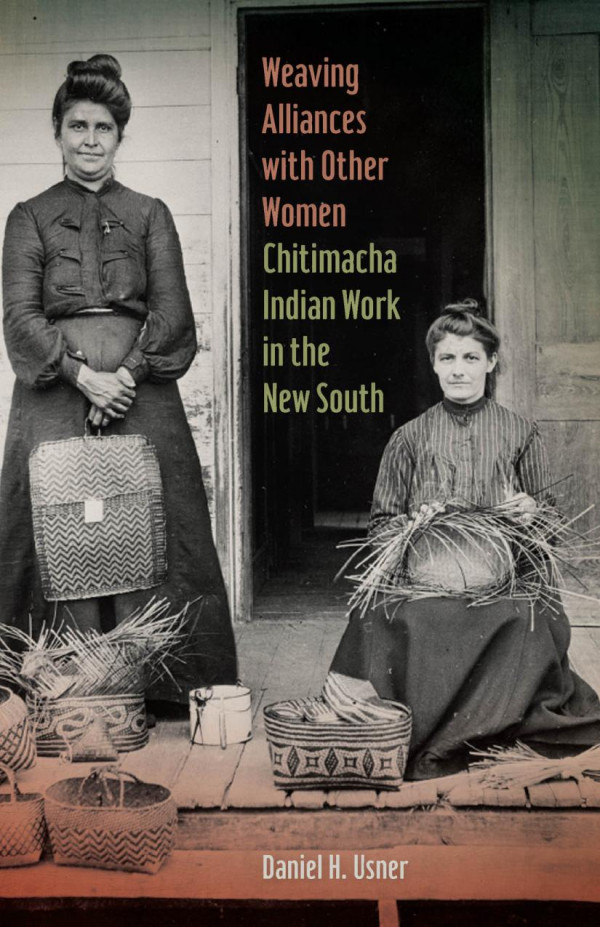

Most ebook files are in PDF format, so you can easily read them using various software such as Foxit Reader or directly on the Google Chrome browser.
Some ebook files are released by publishers in other formats such as .awz, .mobi, .epub, .fb2, etc. You may need to install specific software to read these formats on mobile/PC, such as Calibre.
Please read the tutorial at this link. https://ebooknice.com/page/post?id=faq
We offer FREE conversion to the popular formats you request; however, this may take some time. Therefore, right after payment, please email us, and we will try to provide the service as quickly as possible.
For some exceptional file formats or broken links (if any), please refrain from opening any disputes. Instead, email us first, and we will try to assist within a maximum of 6 hours.
EbookNice Team

Status:
Available0.0
0 reviews
ISBN 10: 0820348473
ISBN 13: 9780820348476
Author: Daniel H Usner
River-cane baskets woven by the Chitimachas of south Louisiana are universally admired for their beauty and workmanship. Recounting friendships that Chitimacha weaver Christine Paul (1874–1946) sustained with two non-Native women at different parts of her life, this book offers a rare vantage point into the lives of American Indians in the segregated South.
Mary Bradford (1869–1954) and Caroline Dormon (1888–1971) were not only friends of Christine Paul; they were also patrons who helped connect Paul and other Chitimacha weavers with buyers for their work. Daniel H. Usner uses Paul’s letters to Bradford and Dormon to reveal how Indian women, as mediators between their own communities and surrounding outsiders, often drew on accumulated authority and experience in multicultural negotiation to forge new relationships with non-Indian women.
Bradford’s initial interest in Paul was philanthropic, while Dormon’s was anthropological. Both certainly admired the artistry of Chitimacha baskets. For her part, Paul saw in Bradford and Dormon opportunities to promote her basketry tradition and expand a network of outsiders sympathetic to her tribe’s vulnerability on many fronts. As Usner explores these friendships, he touches on a range of factors that may have shaped them, including class differences, racial attitudes, and shared ideals of womanhood. The result is an engaging story of American Indian livelihood, identity, and self-determination.
weaving alliances
weaving allegan
x wing alliance ship list
z wave alliance members
z-wave alliance products
Tags: Daniel H Usner, Weaving, Alliances